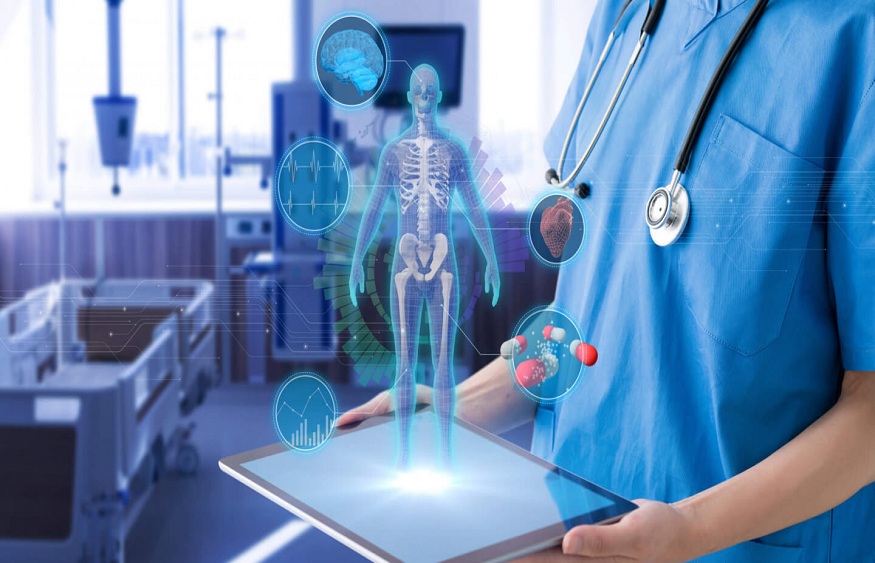How Big Data is Transforming the Medical Care System

The healthcare industry has traditionally relied on a patchwork of disparate systems and tools. This leads to inefficiency, delays, and gaps in care. However, with the application of big data analysis, the medical care system is being transformed into a more integrated and efficient system. By leveraging data from across the entire healthcare ecosystem, health organizations are able to improve patient outcomes, reduce costs, and provide better service. Let’s take a look at how big data is transforming the medical care system.
Data-Driven Decision Making
The most significant way that big data is changing the healthcare industry is by enabling providers to make better decisions about treatment plans and protocols. With access to larger datasets that span multiple patients and various providers, clinicians can make more informed decisions about which treatments will be most effective for each individual patient. Furthermore, due to its comprehensive nature, this data can be used to identify trends in prevalence of diseases or conditions over time as well as spot any anomalies that may require further investigation or action.
Improved Patient Outcomes
Big data has enabled health providers to improve patient outcomes by providing them with access to personalized treatment plans tailored specifically for their needs. For example, some hospitals have implemented predictive analytics models that use big data analysis to identify patients at risk of developing certain illnesses or diseases before they even present symptoms. This makes it possible for clinicians to intervene earlier in order to prevent adverse health events or treat illnesses before they become more serious or life-threatening conditions.
Additionally, through its ability to track and monitor patients during their recovery period after discharge from hospitalization, big data enables clinicians to provide better post-discharge care services such as remote monitoring or telemedicine visits which can help reduce readmission rates while still providing quality care for those who need it most.
Conclusion:
Big Data is revolutionizing the medical care system by providing health providers with access to larger datasets that span multiple patients and various providers so they can make better decisions about treatment plans and protocols tailored specifically for their needs. This ultimately leads to improved patient outcomes as well as cost savings for both hospitals and insurers alike due to reduced readmissions rates among other things.. Furthermore, this technology also provides opportunities for research into new treatments and protocols that could lead us closer towards medical breakthroughs we have only dreamed of until now! All in all, there is no doubt that big data will continue playing an important role in transforming how we receive medical care now and into the future!






